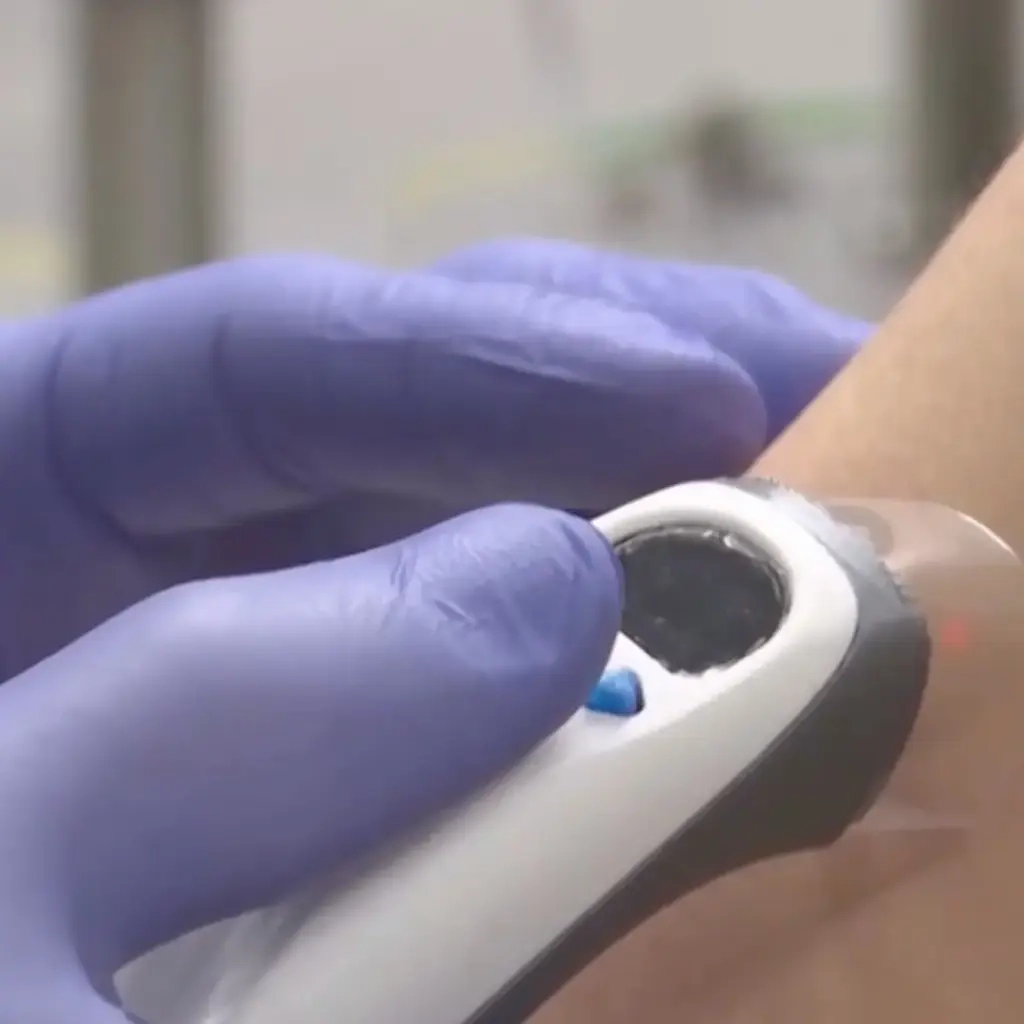A chronic condition known as type 2 diabetes occurs when the body either does not create enough insulin or does not utilize it effectively. Millions of people worldwide are impacted by this condition, which is brought on by the interaction of a genetic propensity for obesity, sedentary lifestyles, and poor eating habits. A molecular mechanism implicated in the progression of this disease has now been discovered by researchers from the University of Barcelona (UB), the Institute for Research in Biomedicine (IRB), and the Diabetes and Related Metabolic Disorders Networking Biomedical Centre (CIBERDEM). A decrease in mitochondrial proteins that produce intricate respiratory chain subunits has been seen in type 2 diabetes patients and animal model samples, according to a study published in the journal Redox Biology. The researchers hypothesize that using the relationship between this decline in proteins and the rise in intracellular nitric oxide as a technique of illness diagnosis.

The organelles known as mitochondria are responsible for generating cellular energy, and research has linked their failure to insulin resistance, a hallmark of type 2 diabetes. The purpose of the investigation was to ascertain whether this mitochondrial malfunction was caused by changes in the intricate components of the mitochondrial respiratory chain. The next step was for the researchers to determine whether nitric oxide, a chemical that exists in mitochondria and functions as a cell messenger in many physiological and pathological processes, was connected to these changes. The obese patients with type 2 diabetes, which typically manifests around the age of 55, the obese patients with early diabetes, which manifests around the age of 25, and samples of model animal samples with diabetes were all examined by the researchers for their muscle composition.


